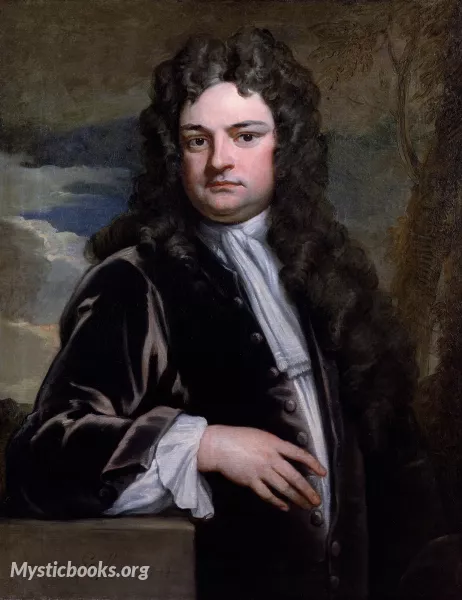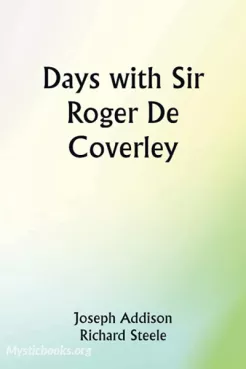
Timeline
Title
Country/Nationality
Richard Steele
Richard Steele, a prominent figure of the 18th century, was an influential English writer, playwright, and politician. Known for his commitment to moral principles, Steele made significant contributions to the literary world through his writings and journalistic works. This essay will delve into his life, principles, notable works, and his lasting legacy.
Richard Steele was born on March 12, 1672, in Dublin, Ireland. He attended Charterhouse School and later studied at Merton College, Oxford. Steele's early career was marked by his service in the British Army, where he rose to the rank of captain. However, it was his literary achievements that brought him lasting fame.
Richard Steele was a staunch advocate of moral principles and believed in the power of literature to shape society. He promoted virtues such as honesty, compassion, and integrity through his works. Steele believed that literature should entertain and educate, highlighting the importance of ethical behavior and social responsibility. His principles aligned with the broader ideals of the Enlightenment era, emphasizing reason and humanistic values.Richard Steele passed away on September 1, 1729, in Carmarthen, Wales. He is remembered as an influential writer and champion of moral principles. His works continue to be studied and appreciated for their literary merit and social commentary. Steele's commitment to fostering ethical behavior and promoting intellectual discourse left a lasting impact on English literature and journalism.
Richard Steele, with his dedication to moral principles and his significant contributions to literature, played a vital role in shaping the intellectual landscape of the 18th century. His influential works, such as "The Tatler" and "The Spectator," continue to inspire readers and scholars alike. Steele's legacy as a writer, playwright, and advocate
Books by Richard Steele

Days With Sir Roger de Coverley
This is a charming book that takes readers on a delightful journey through the life and adventures of the beloved character, Sir Roger de Coverley. Written by Steele, a renowned English writer and co-founder of "The Spectator" magazine, this book off...

Funeral: or Grief A-La-Mode
The Funeral, or Grief à-la-Mode is a comedy play by English writer Richard Steele. It was first performed in 1701 and published in 1702. The play is a satire on the fashionable mourning customs of the time, and it follows the events leading up to and...

Isaac Bickerstaff, Physician and Astrologer
'Isaac Bickerstaff, Physician and Astrologer' is a collection of essays penned by Richard Steele under the pseudonym Isaac Bickerstaff. This satirical work presents a fictionalized account of Bickerstaff's life, focusing on his observations of London...

Lying Lover: or, The Ladies' Friendship
The play explores the consequences of Young Bookwit's deceitful and reckless behavior. He engages in fabricated love affairs, indulges in excessive drinking, and ultimately finds himself in prison for the death of his friend. The story delves into t...

Tender Husband: or The Accomplished Fools
Richard Steele's 'The Tender Husband' is a Restoration comedy that revolves around the comedic misadventures of a group of characters navigating the intricacies of love, marriage, and social conventions in 18th century London. The play delves into th...

Conscious Lovers
The Conscious Lovers is a play by Richard Steele, originally written in 1722. It deals with themes of love, honor, and social duty, exploring the complexities of relationships within a hierarchical society. The play follows the romantic entanglement...